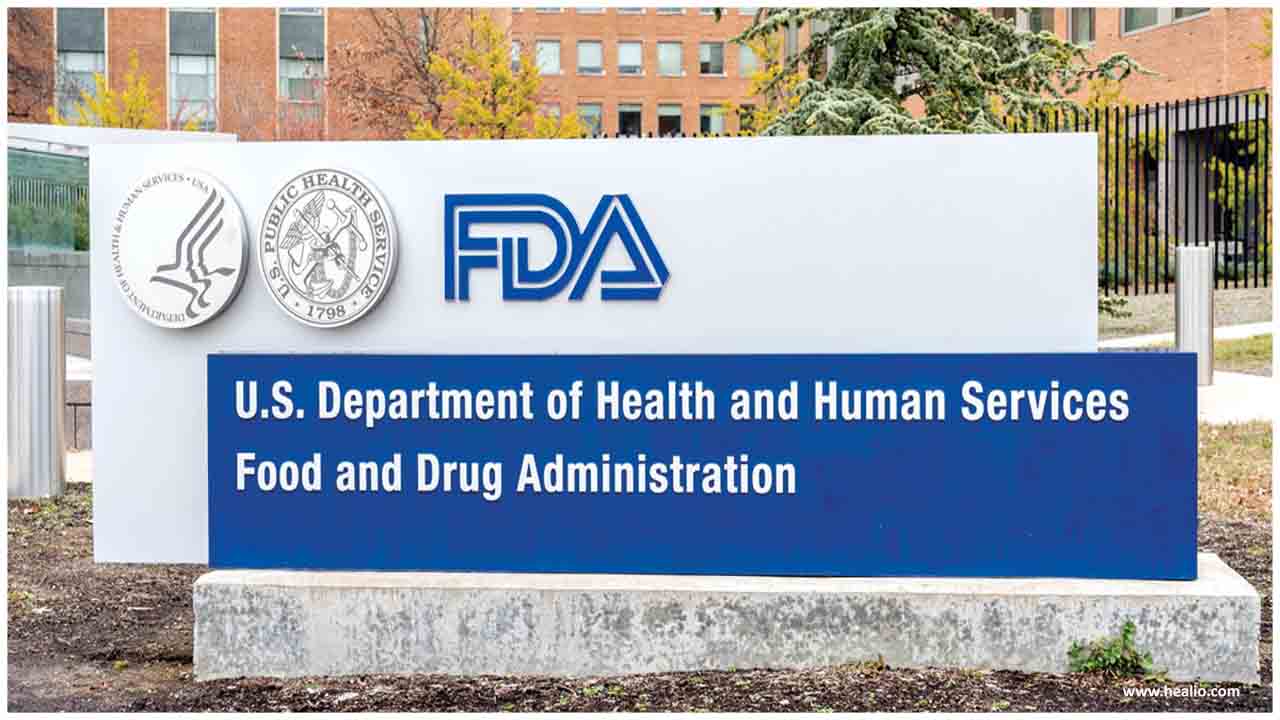Plus Therapeutics, Inc. announced that the U.S. Food and Drug Administration (FDA) has granted the Company Fast Track designation for its lead investigational drug, Rhenium NanoLiposomes, for the treatment of patients with recurrent glioblastoma. As previously reported, the Company also received orphan drug designation from the FDA for RNL for the treatment of patients with glioblastoma.
Fast Track designation confers several benefits to the drug development program including 1) more frequent meetings with FDA to discuss the drug's development plan, 2) more frequent written communication from FDA about such things as the design of the proposed clinical trials and use of biomarkers, 3) eligibility for Accelerated Approval and Priority Review, if relevant criteria are met, and 4) Rolling Review, which means that a drug company can submit completed sections of its New Drug Application (NDA) for review by FDA, rather than waiting until every section of the NDA is completed before the entire application can be reviewed. NDA review usually does not begin until the drug company has submitted the entire application to the FDA.
“Fast Track designation validates the potential importance of this novel radiotherapeutic for patients with recurrent glioblastoma who currently have no good treatment options,” said Dr Marc Hedrick, President and Chief Executive Officer of Plus Therapeutics. “With this designation in hand, we intend to move into Cohort 6 of the trial, one key step closer to bringing forth a novel therapy for these patients.”
RNL is being evaluated in the NIH/NCI-supported, multi-center ReSPECT Phase 1 dose-finding clinical trial (NCT01906385) As reported last week, the ReSPECT trials’ Data and Safety Monitoring Board (DSMB) approved the Company to proceed to Cohort 6 of the trial, which includes increasing both the drug volume and radiation dose to 8.8 milliliters (mL) and 22.3 millicuries (mCi), respectively.
RNL is designed to safely, effectively, and conveniently deliver a very high dose of radiation, of up to 25 times greater concentration than currently used external beam radiation therapy, directly into the brain tumor for maximum effect.
About Glioblastoma
Glioblastoma (Grade IV astrocytoma) is the most common and most aggressive of the primary malignant brain tumors in adults. According to the most recent Central Brain Tumor Registry of the United States (CBTRUS) Statistical Report, on average there are nearly 12,0000 cases of glioblastoma diagnosed annually in the U.S., with historical 1-year and 5-year median survival rates of 40.8% and 6.8%, respectively.

 Plus Therapeutics receives fast track designation from FDA for its novel glioblastoma treatment
Plus Therapeutics receives fast track designation from FDA for its novel glioblastoma treatment











.jpeg)

.jpeg)
.jpeg)

.jpeg)


.jpeg)



.jpeg)
.jpeg)
.jpeg)


.jpg)


.jpeg)
.jpeg)